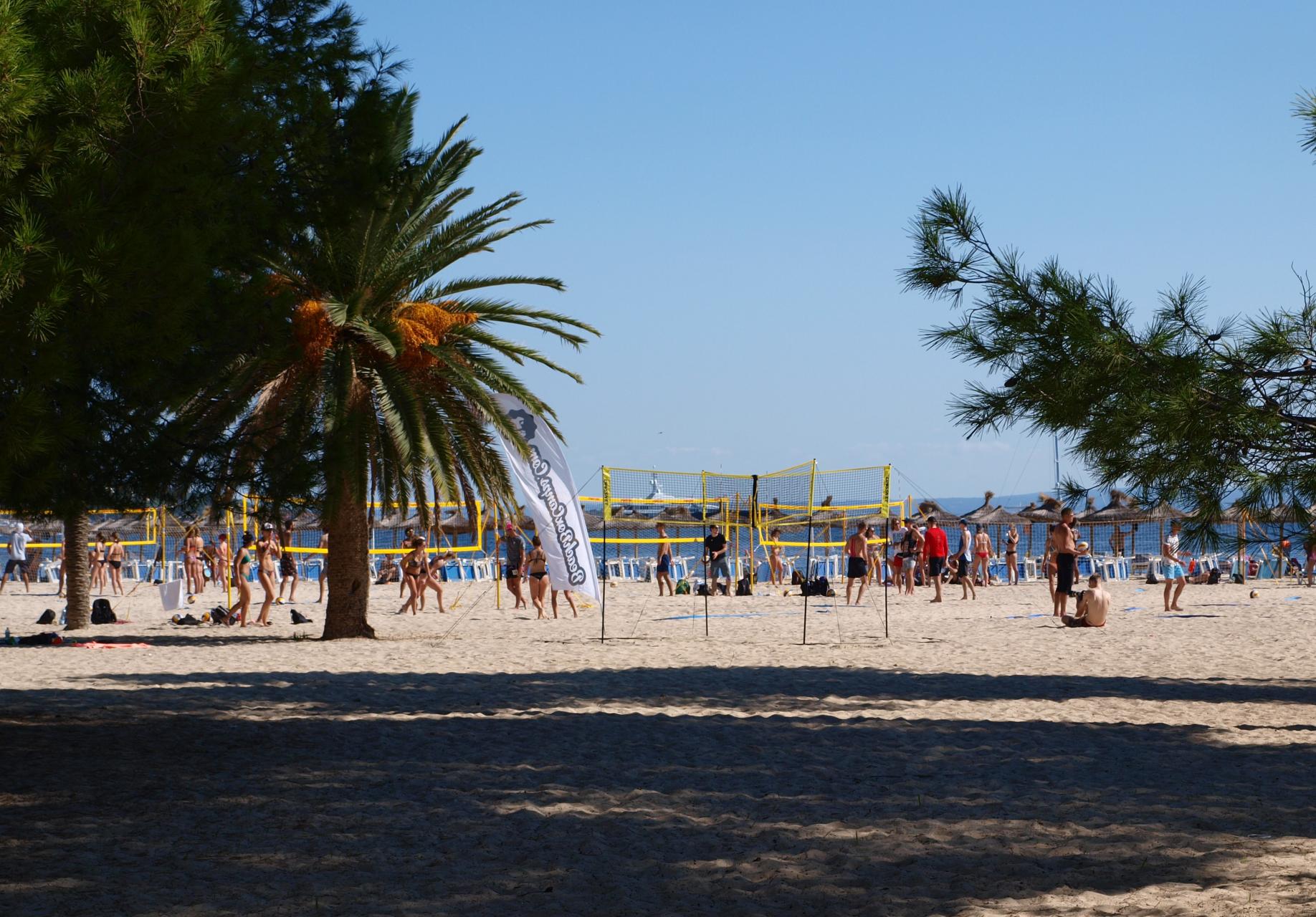On the seventh of December 2011, the Balearic tourism minister, Carlos Delgado, ably assisted by his tourism director general, Jaime Martínez, presented the draft text for the new general tourism law, the second such law in the Balearics since autonomous government had started in 1983.
Majorca tourism
A new tourism law - what more is there to debate?
Has there not already been sufficient intense debate?
Also in News
- Spain wants Britons to show they have 113.40 euros, £97, per day for their holidays
- Over two hours for Britons to get through Palma airport queues
- Spanish pensioners stuck at Palma Airport for fourteen hours
- Palma Airport passport control "collapse" put down to unscheduled flights
- Watch those prices in Mallorca


1 comment
To be able to write a comment, you have to be registered and logged in
Exactly what is it that each tourist minister wants to introduce. The general public don't get a say and they are the ones paying taxes as well as the tourist industry. The islands want less tourists but more money from those that come her. The islands want less excess tourism but exactly how do they go about converting from it to more exclusive and upmarket tourism they seem to so badly want.